Gods are an important part of Dungeons & Dragons. Not only do Clerics draw their powers from these divine beings, or infernal ones, but deities can be the backbone of some incredible stories told around the table. But sometimes, a pre-existing god just doesn’t cut it.

Related
Dungeons & Dragons: 2024 Player’s Handbook Class Tier List
If you want to know how powerful and versatile your class remains in 2024 when compared to others, please check our D&D tier list.
Whether as a player looking for something the sourcebooks don’t offer or a Dungeon Master (DM) who’s looking to create their own deity, there are plenty of reasons to want to homebrew a god and plenty of space within the multiverse to hold them. This article will present some tips on how to create the deity of your dreams.
This list focuses primarily on the creation and roleplay of a deity.
8
Plan Out Their History
One of the first things that will help you create a deity is to create a backstory for that god. How did they come into being? What are their values? What alignment do they have? Any question you would answer for your own character or NPC, you should devise the answer for your god.
As part of this, you can also know or decide how many people know of or worship this deity and if they are actively seeking new worshipers or if they are a dormant presence. Knowing if they interact with mortals or in mortal lives can help drive the story forward, too.
7
Choose Their Domain
While domains don’t always play a massive part in who can or would worship a god, having a domain as a guide can be helpful. For instance, if this deity is a god of life, then that may greatly impact what acts will and won’t receive the god’s favor.

Related
Dungeons & Dragons: How To Homebrew A Character Background
If none of D&D’s backgrounds suit your character, why not homebrew a new one instead?
If a cleric decides to sacrifice an enemy in the name of their god, the god in question could actually rebuke that action, and in turn, the link between the cleric and god could weaken. If that same cleric instead spares the enemy, knowing that life is a precious gift from their god, then the god could smile upon them, grant them powers or a boon, and so on. Here are some of the domains to consider from the Dawn War deities in the 2014 Dungeon Master’s Guide:
6
How Do Worshipers Worship This God?
As mentioned above, you can determine what worshipers would do to worship this god. This can include whether worshipers gather in a temple or church for prayers or mass or if it is less organized than that. Would worshipers perform rituals? Do they show their devotion through acts of service? Or even acts of violence?
Knowing how the world embraces the god helps DMs fill it with other NPCs that follow or believe in that god. From the player’s perspective, it informs your roleplaying and combat decisions.
5
Decide Important Locations Or Objects
For many real-world religions, there are books, artifacts, and locations of significant importance to a god. So, why wouldn’t your god make use of some of the same things? Do they have a book of stories or prayers? Was there a location where they stood against and defeated another deity or being?

Related
Dungeons & Dragons: Guide To Crafting In The 2024 Player’s Handbook
Want to craft some goods during your downtime? Whether you are a DM or a player unsure about crafting, this is the guide for you.
Giving your god some important objects or locations only deepens their lore and makes learning about them more immersive for players and yourself.
4
Myths, Legends, Rumors, And Lore
While this can go hand-in-hand with important locations and objects, it can also stand alone. Using Zeus as an example, think of all the legends and myths that surround this God of Thunder. Between the seemingly endless sexual conquests, wars and fights, and even retellings and imaginings, Zeus would thrive on the spread of his lore.
Create some of those same types of stories for your deity. What would a bard sing about in relation to your god? Did they beat another god in a legendary drinking contest? Could they turn water into ale? Could they kill a man with a stone-cold glance? These help make deities feel larger than life.
3
Give Them Personality
If your god will be interactive with you or other mortals, it’s important to know what they will behave like, talk like, and present themselves as. Do they have the voice of a stoner? Or are they ethereal and mysterious? The possibilities are endless.

Related
Dungeons & Dragons: Guide To Foraging
Did your party forget to pack enough food? Don’t worry, the foraging system exists for that reason. Let’s go over its rules and how to use it as a DM.
They could be many deities in a trench coat if you wanted. Your imagination, as either a player or DM, is the limit in crafting what this god is like when you commune with them or, better yet, meet them face-to-face.
2
Compare Stats With Other Deities And High-Level Monsters
When it comes to them ever appearing in the heat of combat, you’ll want to be prepared with stats. This can sound daunting at first, but you can compare and even borrow from other creatures in D&D to help inform your decisions.
A Lich has a legendary action called Disrupt Life. You can decide to use this as a base for a deity’s ability but can alter it to deal radiant damage, heal, or anything else that makes sense for the god. The same goes for any modifiers. Even if you know how you want to distribute stats to your god, you can compare it to other creatures to understand what kind of challenge or benefit they will provide your party with.
1
Be Inspired By Other Gods
In every aspect above, you can draw inspiration from other gods, deities, and even historical figures. Maybe you want a feminine deity that can turn men into something. It doesn’t have to be stone, it doesn’t have to be thanks to a curse. It can just be a small pull from the story of Medusa because your god hates patriarchies.
It can be from real-world examples, from movies or video games, and anything in between. Dungeons & Dragons is a very creative space, so allowing yourself to be influenced by unique gods, acts of worship, or anything that could be used to fill out some details about your deity can help with immersion and improv.
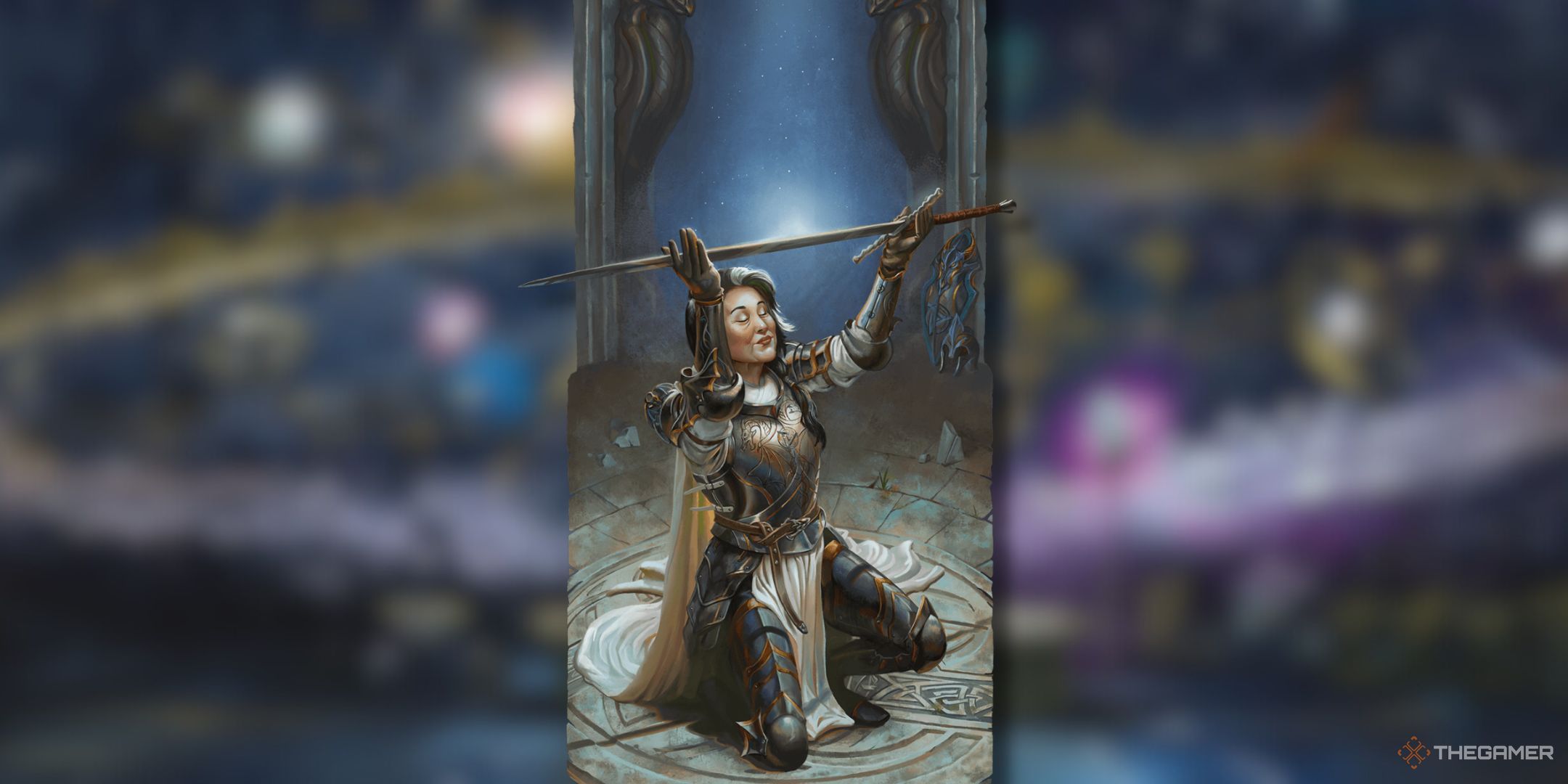
Next
Dungeons & Dragons: Divine Rank, Explained
Looking to get a little religious in your D&D campaign? Here is everything you need to know about Divine Rank.

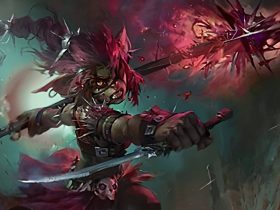
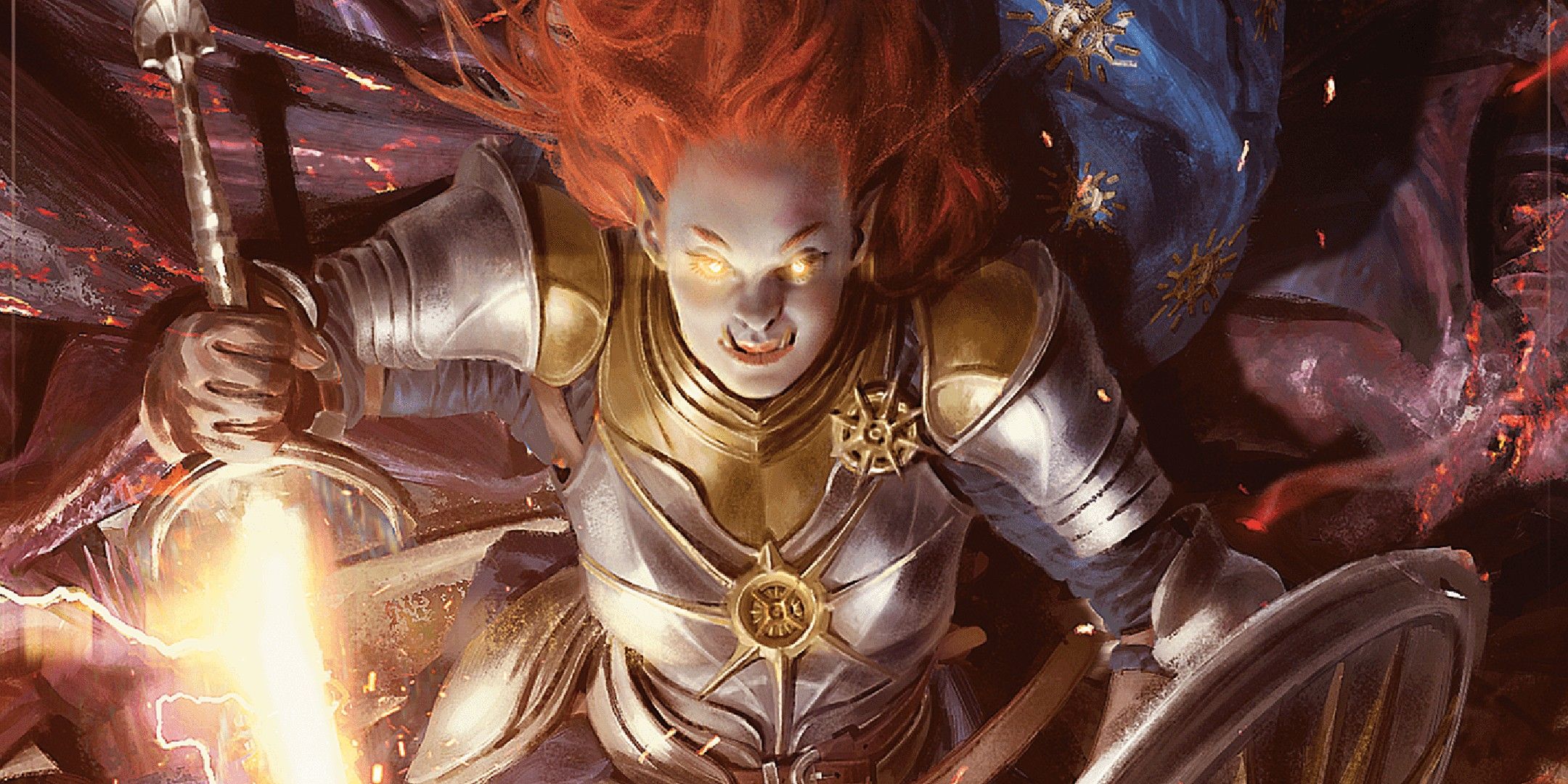











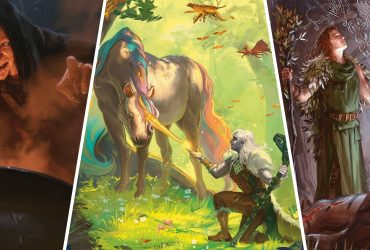


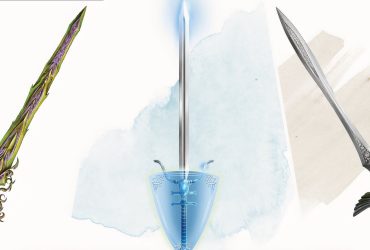
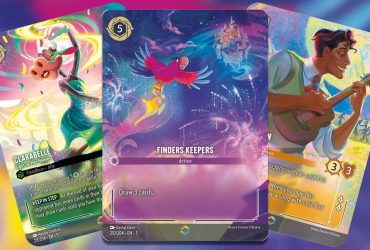
Leave a Reply